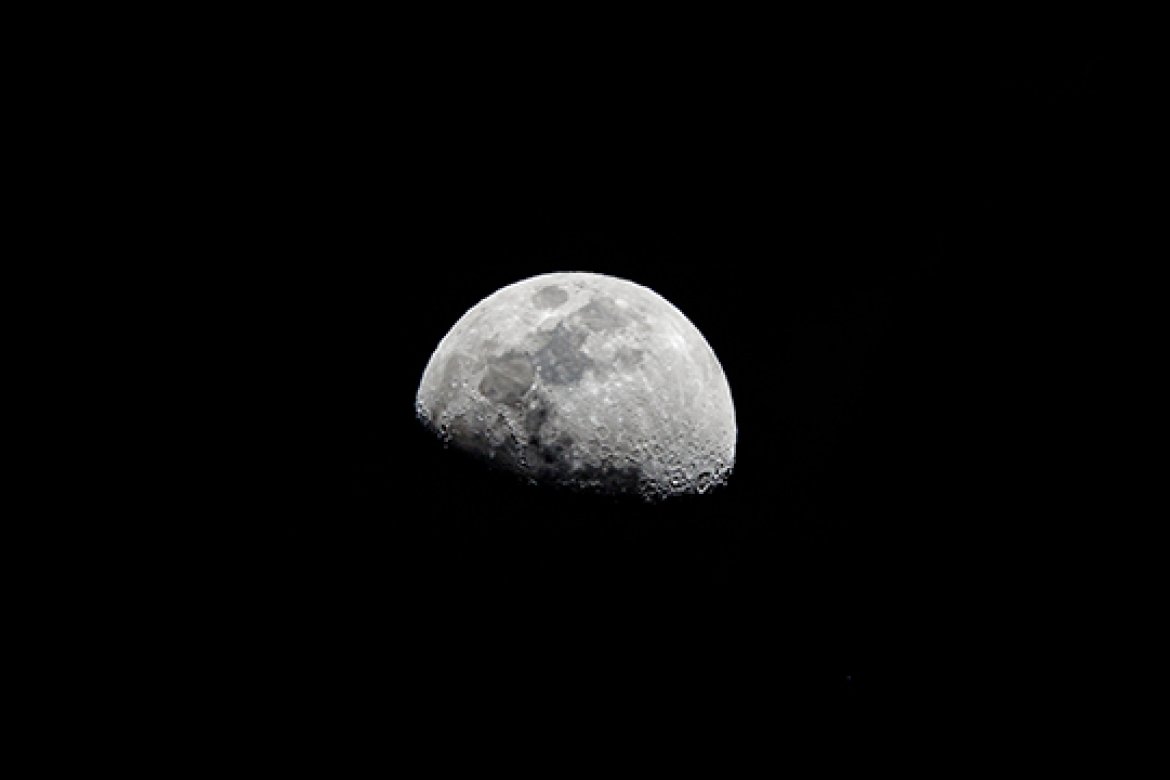Space oddity

Mount Holyoke College’s Darby Dyar explains the enduring mystery of Earth’s unusual moon.
The moon is full of mystery.
One of the biggest mysteries? Why it’s there at all.
“We have no idea why the moon is here,” Darby Dyar recently told Meredith Hoddinott of Vox’s “Unexplainable” podcast.
Even among the many moons in our own solar system, ours stands out. Other planets’ moons are small and oddly shaped. Our moon, in contrast, is huge, smooth and round. Most of our moon is composed of anorthosite — a glittery, reflective mineral that creates that lunar glow when it is bathed in the light of the sun.
One theory of the moon’s origin postulates that in the early days of our solar system, a too-close-for-comfort planet called Thea crashed into Earth, and the resulting debris came back together to form the moon.
But as scientists like Dyar analyze the moon rock samples that Apollo brought back to Earth more than 50 years ago, they have found that the chemical signatures of moon minerals are identical to those on Earth — and there’s not a trace of theoretical Thea’s fingerprints to be found.
Some theorize that Thea was completely subsumed by Earth and now exists deep within its magma core. Though we still don’t know the whole story, scientists like Dyar know one thing: The answer is there.
“I feel like rocks…tell such involved stories, and you just have to ask them the right questions,” said Dyar, for whom the Moon’s beauty and mystery has never faded in all her years of study. After teaching class at night, she gazes out her office window at it.
“My favorite thing is…Every now and then I go get the [moon rocks] out of the safe, and I stand here, hold the sample in my hand and look at the moon.”